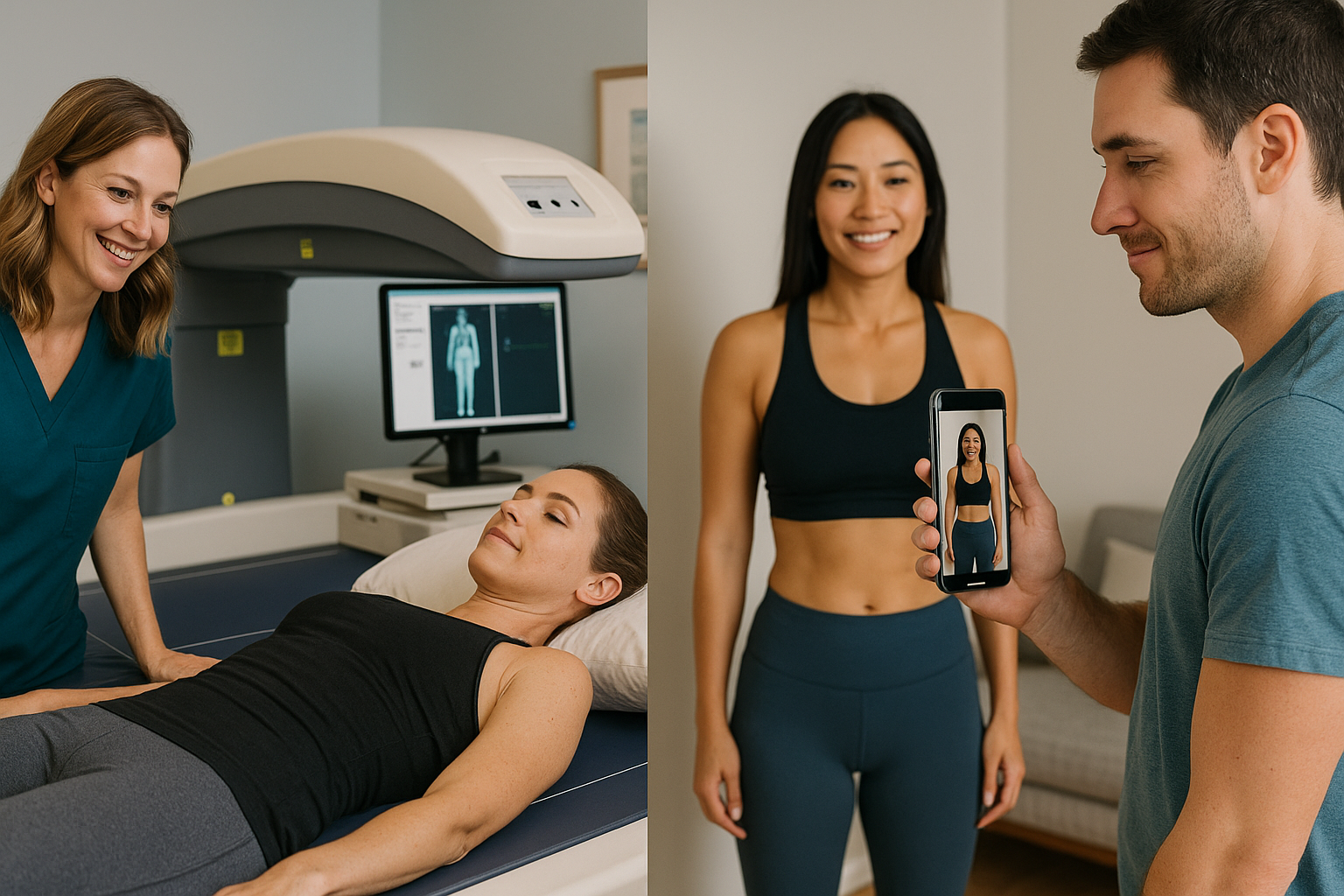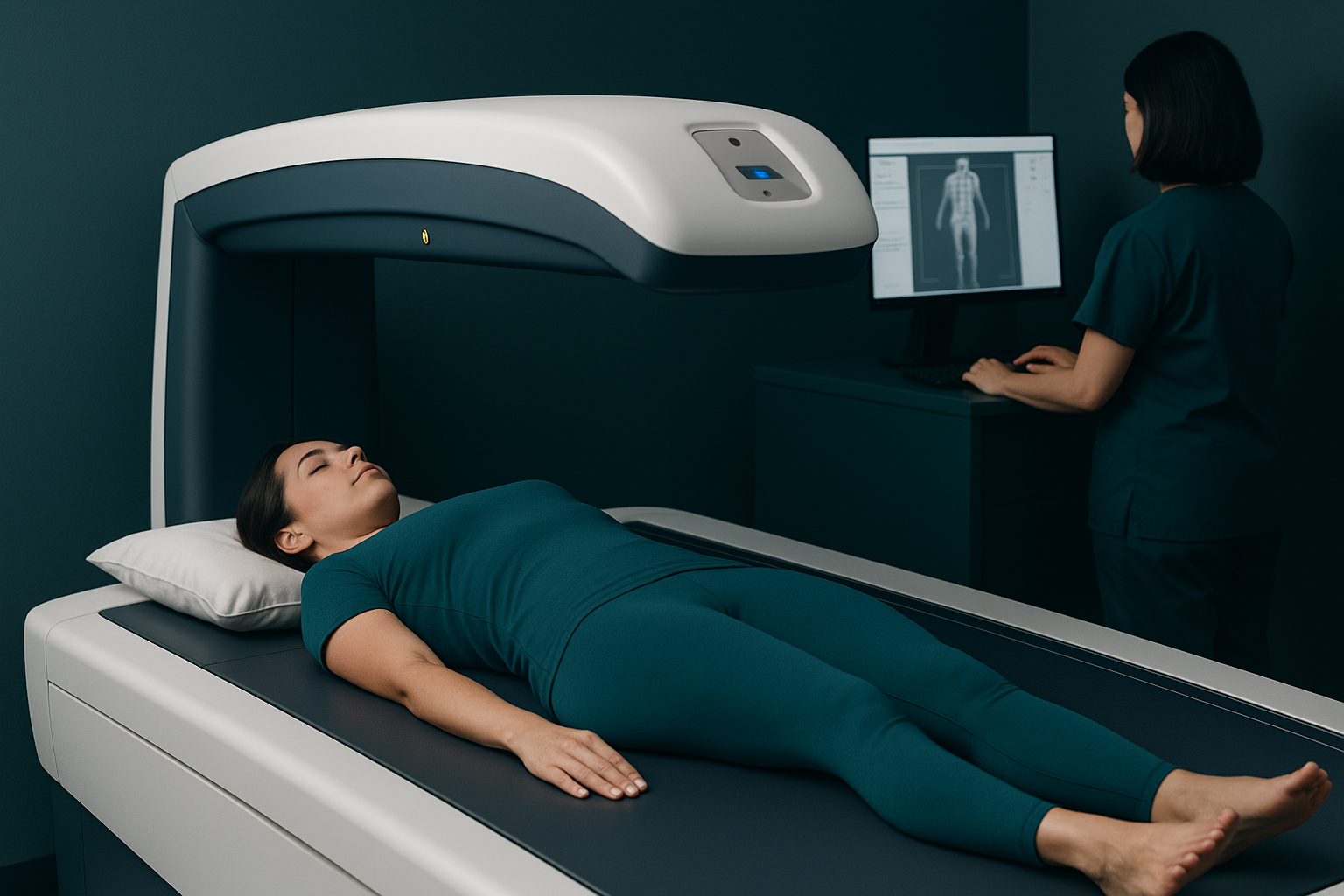Introduction
Biological age represents a more accurate measure of health and aging than chronological age alone. Artificial intelligence is revolutionizing our ability to predict biological age by analyzing complex patterns in biomarkers, lifestyle factors, and genetic data.
Understanding Biological Age
Biological age reflects the actual state of your body's systems and can differ significantly from your chronological age. Factors influencing biological age include:
- Cellular damage and repair mechanisms
- Inflammatory markers
- Metabolic health
- Cardiovascular fitness
- Immune system function
AI Analysis of Biomarkers
Artificial intelligence processes multiple biomarkers to calculate biological age:
- Blood markers (glucose, cholesterol, inflammatory markers)
- Hormonal profiles
- Telomere length
- Epigenetic markers
- Metabolic indicators
Predictive Modeling
AI algorithms create predictive models by analyzing:
- Historical biomarker trends
- Lifestyle factor correlations
- Genetic predispositions
- Environmental influences
- Behavioral patterns
Longevity Optimization
Understanding biological age enables targeted interventions for longevity optimization:
- Personalized lifestyle recommendations
- Nutritional optimization
- Exercise prescription
- Stress management strategies
- Preventive health measures
Conclusion
AI-powered biological age prediction represents a significant advancement in personalized health and longevity optimization. By providing accurate assessments of biological aging, these technologies enable more targeted and effective health interventions.


